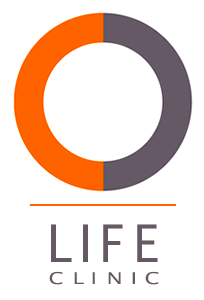Every year more and more babies are born through donor assisted conception and there are over 1 million donor offspring worldwide. 2 important factors could explain this incremental, as the longer and longer life’s expectancy for all and the changes to our priorities regarding life style.
As result of the above, egg donation may be the recommended treatment for:
- women who are unable to produce their own eggs or good quality eggs, for a variety of reasons such as premature menopause, infertility due to cancer treatment,
- women with poorly functioning ovaries, mainly presented in older women, or in young women with premature ovarian failure POF
- Women with a serious risk of passing genetic conditions to their unborn child.
- Patients who may also benefit from the use of donor eggs are those who have undergone multiple IVF treatments without success. This may be a result of poor response to stimulation by fertility drugs, failure of egg collections or poor egg quality.
At Life Clinic we provide one of the best egg donation programs around.
Our strict standards on recruiting the donors, their very careful evaluation, and the closest possible matching for the recipient, are the key factors for the successful egg donation treatment.
We have donors from a variety of European countries, all of them with proven fertility and younger than 30 years old. In Greece is allowed the unknown donation, so you can’t see or meet the donor. Of course a matching questionnaire will be given to every woman and she will be aware of the basic matching characteristics of the donor as height, age, colour of the hair, eye shape and colour, previous fertility history, body structure and personality insight.
All donors are extensively screened and receive counselling before initiating treatment. We match donor and recipient physical characteristics as closely as possible. Please contact us for further details.
This treatment involves placing the donor on a course of fertility drugs to stimulate the ovaries to produce many eggs. The female partner who will receive the eggs is made ready for pregnancy through a course of hormones. The eggs are then collected from the donor’s ovaries and fertilised with the partner’s sperm. The selected healthy fertilised eggs – embryos, are then implanted into the uterus of the woman who will mother the child.
Egg donation has proved to be very successful, with success rates up to 75% per treatment cycle, and is the only treatment available for women who are unable to produce their own eggs. This treatment may raise ethical issues and so counselling is an essential part of the treatment programme.



